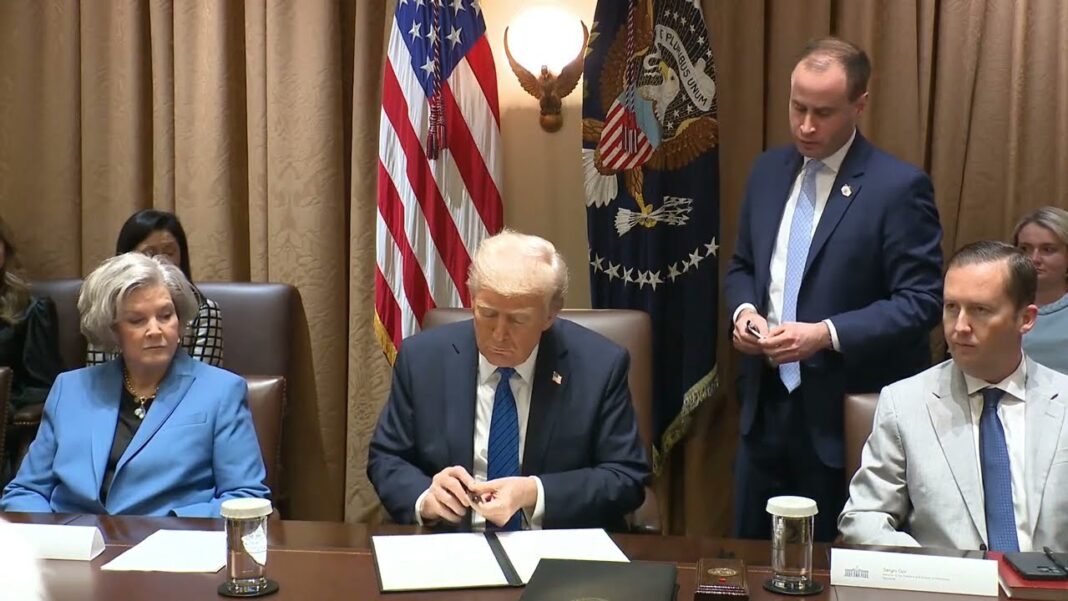The former Stanford University professor was outspoken about COVID-19 pandemic measures.
Dr. Jay Bhattacharya, who was an outspoken critic of measures implemented during the COVID-19 pandemic, gained Senate confirmation to head the National Institutes of Health (NIH) in a vote of 53–47 on March 25.
Bhattacharya is aligned on multiple issues with his new boss, Health and Human Services Secretary Robert F. Kennedy Jr., including addressing the nation’s chronic disease epidemic.
A physician and former Stanford University professor, Bhattacharya first drew public attention in 2020 for his criticism of COVID-19-era interventions such as mask mandates, lockdowns, and school closures.
In their Great Barrington Declaration, Bhattacharya and others argued for “focused protection” of vulnerable people while allowing low-risk groups to resume normal activities.
He later sued the government, alleging that it pressured social media companies to censor his views.
One of the 13 agencies managed by HHS, the NIH is the largest supporter of biomedical research in the world. It funds around $50 billion in scientific research via grants to hundreds of thousands of researchers at academic institutions and hospitals.
It has a staff of more than 25,000.
Sen. Bill Cassidy (R-La.), chair of the Senate Committee on Health, Education, Labor, and Pensions, offered praise for Bhattacharya and Dr. Marty Makary, Trump’s nominee to lead the FDA earlier this month at their confirmation hearings.
“We need public health leaders committed to transparency and finding unbiased solutions to Americans’ most challenging health problems. Dr. Bhattacharya and Dr. Makary have demonstrated that they are ready to take on this responsibility,” said Cassidy, who is also a physician.
Cassidy added that Bhattacharya, if confirmed, “is committed to promoting free and open debate” at the NIH and has “discussed modernizing the NIH, empowering scientists to find the next life-saving medical breakthrough.”
During the nominee’s confirmation hearing earlier this month, Cassidy opened the session by pointing to what he called a widespread loss of trust in public health and scientific institutions.
Bhattacharya said he has seen “tremendous distrust in medicine and science coming out of the pandemic.”





